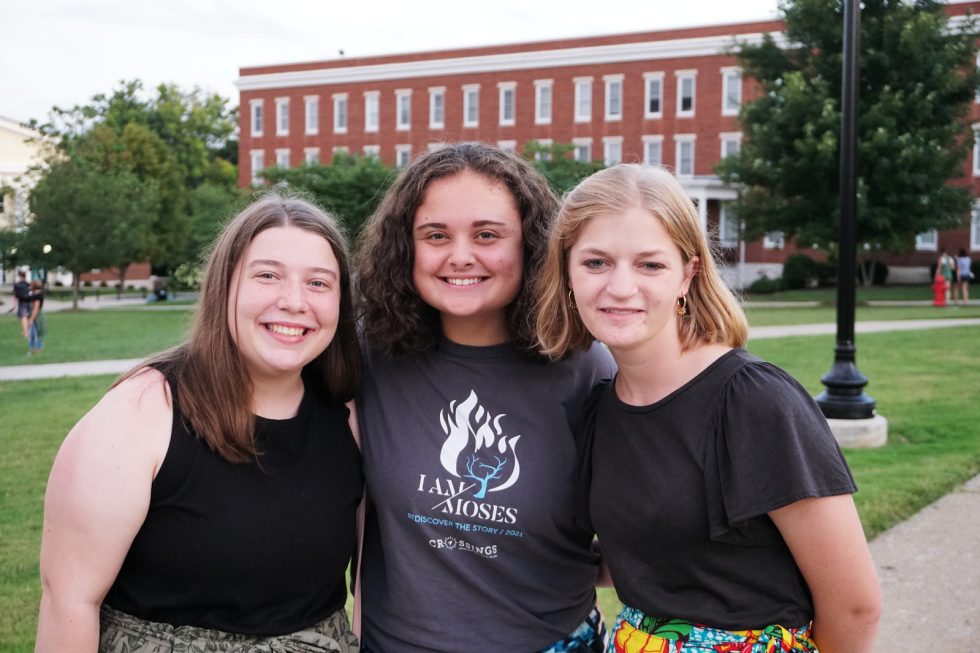Ancient & Modern Languages FAQs

▾ I have already taken a language in high school. What level will I be ready for at Asbury?
Incoming freshmen who have had one or two years of a language in high school are usually pre-registered for 102, the second-semester course. Students with two or more years of high school language study are generally placed into a second-year course. During new student orientation students must take a language placement exam, which will enable us to place them in the appropriate course.
▾ When is the language placement test given, and how will I know the result?
The language placement is given in August during new student orientation. The results of the test are sent to students’ advisors. Students who are pre-registered for a language course can then have their placement confirmed, or they can register for a different course level as indicated by the placement test results.
Students who begin their Asbury studies in January can arrange with the chair of the Ancient & Modern Languages department to take the language placement exam.
▾ After I have taken the language placement exam and gotten my results, do I have to take a language course that semester?
Language placement results are valid for as long as you are at Asbury. It is always best, however, to continue with your language as early as possible, since it will get harder to pick up with your language again the longer the delay.
▾ I have AP/IB/CLEP credit. What course should I start with?
The Registrar will review the credit you wish to transfer in and recommend an appropriate course.
▾ I am taking a language in high school. Do I have to continue the same language at Asbury?
No, you can take any language you like. We teach two modern languages—Spanish and Chinese, and three ancient languages—Greek, Latin, and Hebrew.
▾ What study abroad opportunities are there at Asbury?
As followers of Christ, God calls us to interact with the world in a manner that demonstrates our appreciation for and love of others. A study abroad experience facilitates this divinely inspired cultural exchange by creating opportunities for students to engage and interact with people around the globe. This cultural contact fosters our embrace of all God's creation and people as well as an appreciation of various cultures and traditions.
Asbury has cooperative programs in Seville, Spain, with Trinity College; in San José, Costa Rica in a consortium sponsored by the Council on Christian Colleges and Universities; in Santa Cruz, Bolivia, at the Universidad Evangelica Boliviana; and in Franceville, France, with Chez Vous.
Of course, our students may go on programs sponsored by other colleges and universities and then have the credit hours transferred to Asbury. One strong advantage of our cooperative programs is that grants and scholarships awarded through Asbury apply to the costs of our study-abroad programs.
Financial arrangements are made through Asbury's student account and financial aid offices. Students who go on the programs of other colleges and universities may not use Asbury scholarship money toward those program expenses.
This is not to discourage students from any other programs, merely to advise that it pays to carefully calculate all of the pertinent expenses before you decide on which program is best for you.
More information is available on the Study Abroad page.
▾ What kinds of jobs would be available to me if I majored in a language?
Students who major in a world language go on to careers in business, media, education, government service, church work, the travel industry, and in many other areas. Visit the Office of Career & Calling for more information.
▾ Can I take more than one language as a student at Asbury?
Yes, many language majors take one or more years of another language. Students who study ancient languages often combine Greek and Latin or Greek and Hebrew.
